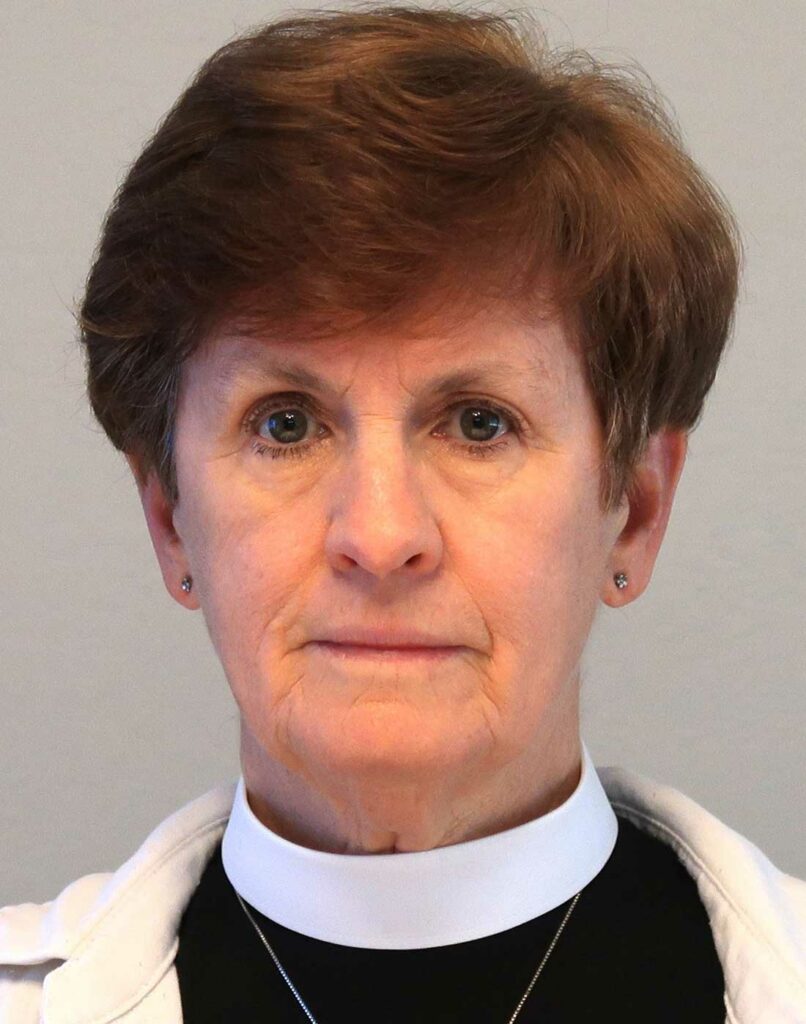Before the Fourth of July celebrations are in the rear-view mirror, I offer a religious perspective. The United States of America’s Declaration of Independence, July 4, 1776 (declared in 1776, achieved in 1783, after an eight-year war), is a date we celebrate with enthusiasm and joy. And a little too much of what I call “ritual bordering upon worship.”
I cringe a bit at what could be considered an idolatrous relationship to the United States flag: placing greater importance to the flag than God. Those who follow the Abrahamic religions of Judaism, Christianity and Islam are people who especially watch for the temptation to idolize any earthly symbol.

God’s first two Laws, from Moses’ well-known Ten Commandments, point to the dangers humans face when they place any symbol between themselves and God: “You shall have no other gods before me. You shall not make any idols.” [Exodus 20; Deuteronomy 5]
As a Christian, I am deeply grateful for the opportunities my ancestors achieved when they left Western European Countries to find religious freedom. Safe on the shores of a land that promised “liberty for all”—especially religious liberty. Some of my ancestors were denied even the right to marry when their home country insisted everyone needed to be a particular kind of Christian; Protestants and Catholics could not intermarry, a practice we in the U.S. now cannot even fathom.
Our nation’s insistence, from the beginning and secured with the First Amendment to the Bill of Rights, says: “Congress shall make no law respecting an establishment of religion, or prohibiting the free exercise thereof…”
The religious liberty our Founding Fathers (and Mothers) sought when they gained liberty from the British rule of King George III, 247 years ago, has been threatened at various times by those who would claim that the United States is a Christian country and there is one form of Christianity. Using the United States flag as a symbol of a national religion—as if that flag could only be understood as a sign that you were a follower of one particular view of Christianity—is an affront to both the guarantees of religious liberty and the worldwide historic varieties of following the Way of Jesus Christ.
There is no official national religion of any kind in the United States and there is no official one way to be a Christian. Christian Nationalism attempts to claim the only way to be a true citizen of the United States is to follow a particular form of Christianity. This is a direct affront to our Founding Fathers, and many of our own ancestors, who created this nation specifically to allow each citizen the freedom to choose to practice any religion—or no religion at all.
Our family proudly waves the flag of the United States of America to show our appreciation for our democracy that allows religious liberty, not to claim our Christian faith is the faith of our beloved country.
The Rev. Mary B. Blessing is a 26-year resident of Morgan Hill and the Episcopal Priest of the Episcopal Diocese of El Camino Real. She is a member of Interfaith Clergy Alliance of South County.








